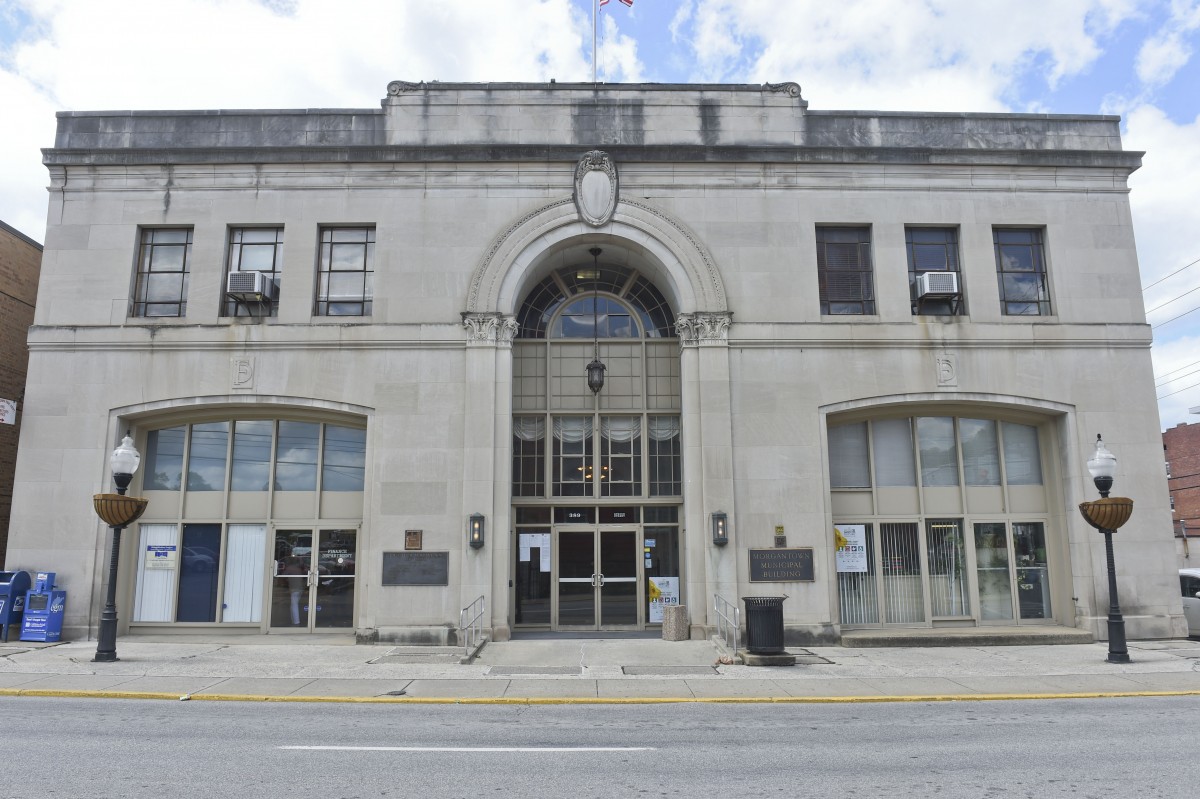Please mute yourself when you’re not speaking.
If the above means anything to you, you’ve likely spent at least some portion of the past year staring at colleagues or classmates arranged like The Brady Bunch across your computer screen.
Morgantown City Council knows the feeling, as do all of the city’s boards and commissions and special committees as the city, like most of the world, eschewed in-person meetings for much of 2020 in response to COVID-19.
The municipal impact of the pandemic went well beyond digital gatherings, however, in a year in which, believe it or not, other stuff happened, too.
But alas.
Going viral
From budget cuts to facility closures to emergency ordinances, you could likely fill this paper cataloging the impact of COVID-19 on just one city over the past 10 months or so.
To go back to the beginning, however, council passed a $39.7 million budget in March, right around the time COVID began shutting everything down, essentially cutting off a significant portion of the B&O taxes that were factored into the 2021 spending plan, which went into effect July 1.
A month later, council cut that budget by more than $3 million, eliminating pay raises and hiring. The city also asked employees to consider salary or hour reductions in an attempt to avoid layoffs.
Many of those measures have since been eliminated or reversed as CARES Act money began covering losses.
In September, then-Interim City Manager Emily Muzzarelli said the city had received just over $6.9 million in CARES Act reimbursements and expected an additional $1 million per month through the end of the year.
In terms of policy, the city has put a number of emergency ordinances in place over the past several months.
The following remain in place: Mask requirements; suspension of minimum parking requirements to allow for outdoor dining; required closure of outbreak sites; 25-person gathering limits indoors except in essential businesses; suspension of rental housing inspections and suspension of residential assembly permits.
An ordinance prohibiting parties and social gatherings in student-heavy portions of the city was rescinded earlier this month.
Diamond in the rough
A piece of city property that spent months as the location of a homeless encampment known as Diamond Village was cleared Nov. 30.
Located off Pennsylvania Avenue, in lower Greenmont, the encampment was the topic of months of discussion and debate, some of it quite contentious.
The camp moved from a neighboring piece of private property onto city property in mid-July. At one point, according to the city, as many as 30 tents were located at the site.
About a month later, on Aug. 18, Muzzarelli laid out a plan to register those living at the camp and find those individuals housing offers. Once all the registered inhabitants had been offered housing, the city made plans to post notice and clear the site.
The city’s path forward was announced a little over a week after it was put on notice by the Monongalia County Health Department that it was operating a campground without proper permitting. The notice also noted public health issues with the site, including the accumulation of garbage.
New management
On Nov. 4, Morgantown City Council voted unanimously to hire Kim Haws as its city manager.
Muzzarelli went back to her duties as assistant city manager.
Haws, who spent 20 years in the same position in Bridgeport, started at the beginning of December.
He replaced Paul Brake, who spent just over three years in the job before going home to Michigan in May to run Detroit suburb Royal Oak.
One of Haws’ early endeavors will likely be the replacement of several key department heads.
In 2020, the city saw Police Chief Ed Preston resign along with Planning Services Director Chris Fletcher and Finance Director Jim Goff. Mike Stone, the longtime head of the city’s code enforcement office, retired at the end of December.
In addition, Morgantown Utility Board General Manager Tim Ball is stepping away Jan. 4 after more than 33 years with the utility. MUB’s board of directors hired Mike McNulty in September to step into the position.
Developing …
In November, Morgantown City Council approved a collaboration agreement aimed at redeveloping about 9.5 contiguous acres of property in the Woodburn area of the city.
The agreement, which includes the Monongalia County Development Authority, WVU and the county commission, is focused around property acquired from the Giuliani family, including James and Karen Giuliani and various business interests, as well as Alex and Laura Giuliani.
Russ Rogerson, president and CEO of the Morgantown Area Partnership, said that property was purchased for $11.8 million.
He said the planning and redevelopment process will likely take two to three years.
TWEET @BenConley_DP




